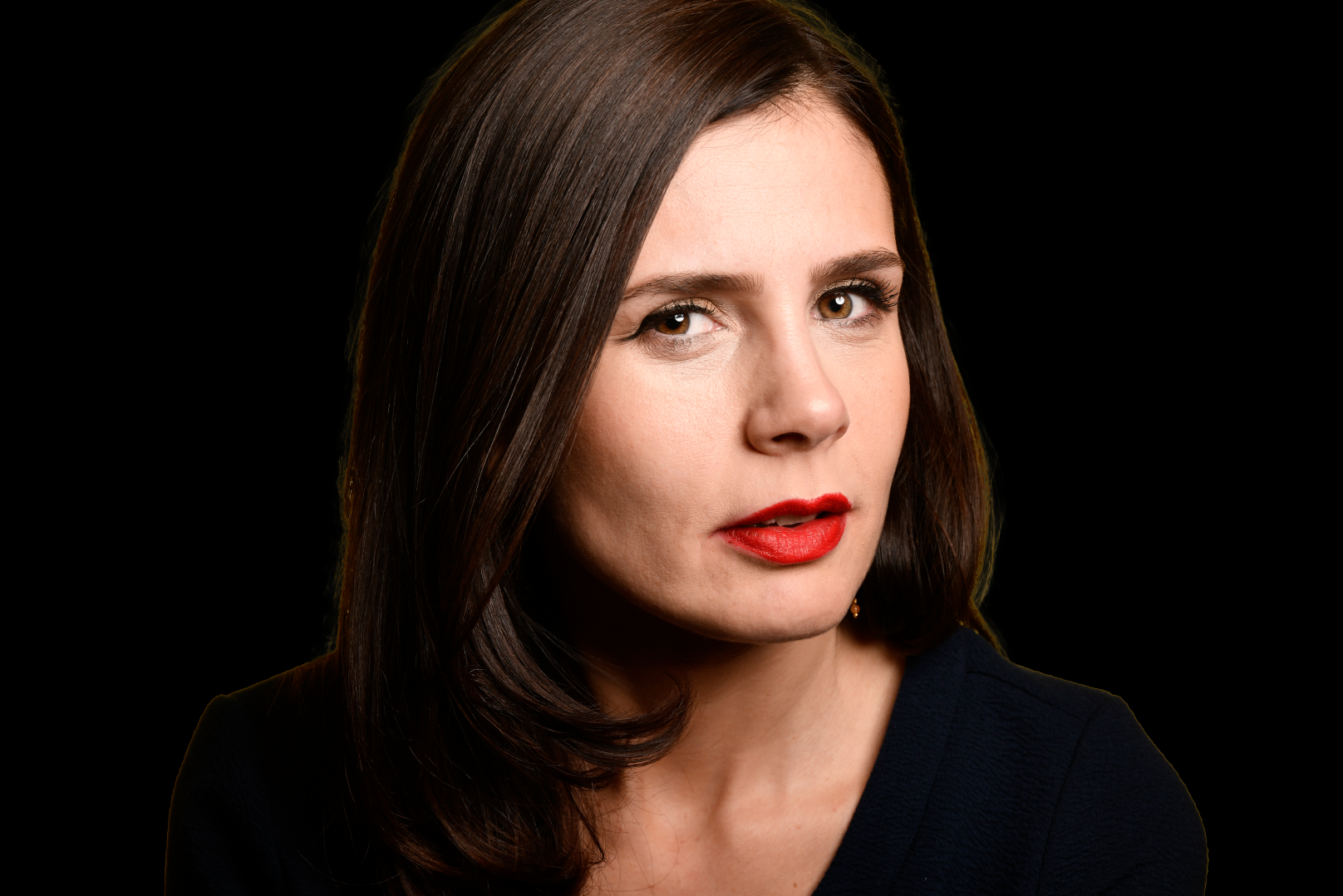
Regenerating Kosovo’s civil society
The winding journey toward a re-engaged citizenry.
“Different initiatives coming from citizens need to be more visible. This would completely change the way in which civil society is perceived."
Driton Zeqiri, sociological researcher“When there aren’t shared spaces, without calling each other for coffee, the possibility of organizing doesn’t exist.”
Linda Gusia, sociologist“Maybe it is better to do things that are smaller but that will endure, than trying to force and install a thought that won’t be accepted easily.”

Dafina Halili
Dafina Halili is a senior journalist at K2.0, covering mainly human rights and social justice issues. Dafina has a master’s degree in diversity and the media from the University of Westminster in London, U.K..
This story was originally written in English.